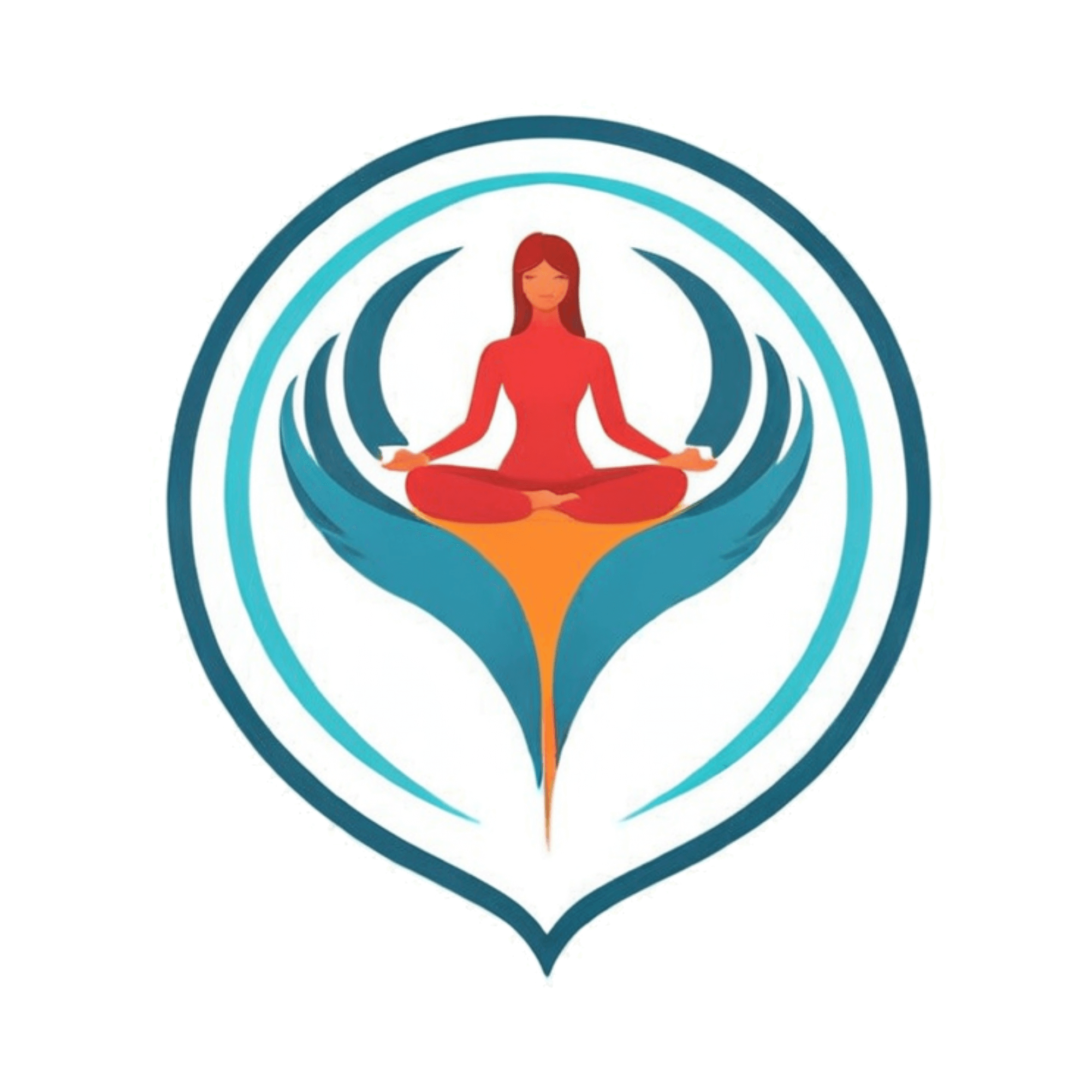“Alternative Medicine for Stress and Anxiety” is gaining popularity as many seek holistic treatments in our high-speed society. These natural methods prioritize a comprehensive mind-body strategy, aiming to treat the underlying issues of stress and anxiety, rather than merely alleviating symptoms. This shift towards non-traditional medicine reflects a broader trend of individuals pursuing well-rounded, sustainable health solutions.
This guide will cover various alternative medicine techniques, from mindfulness and meditation to herbal remedies and acupuncture, offering insights into how these practices can alleviate stress and improve overall health. Whether you’re seeking a standalone approach or looking to complement conventional treatment, this resource provides valuable information on natural ways to achieve mental peace and balance.
Understanding Stress and Anxiety
What Are Stress and Anxiety?
Stress and anxiety are often used interchangeably, but they refer to distinct experiences. Stress is a response to external pressures or challenges and can trigger physiological changes, like increased heart rate and muscle tension. On the other hand, anxiety is a more prolonged feeling of worry or unease, often without an obvious cause, and can lead to chronic conditions if untreated.
Why Choose Alternative Treatments?
Conventional treatments for stress and anxiety—such as medications and therapy—are effective, but some people prefer to explore alternative treatments that offer holistic and less invasive options. Alternative medicine approaches are designed to treat the whole person, supporting mental, emotional, and physical well-being without the potential side effects of medication. They also empower individuals to take an active role in managing their mental health.
Meditation and Mindfulness for Stress Relief
Meditation and mindfulness are highly effective practices for reducing stress and managing anxiety. These techniques train the mind to stay focused on the present moment, allowing you to manage stress responses better.
How Meditation and Mindfulness Reduce Stress and Anxiety
Meditation and mindfulness help calm the nervous system by encouraging the body’s relaxation response. Regular practice has been shown to lower cortisol levels, the body’s primary stress hormone, and increase serotonin, promoting a sense of calm and well-being. Over time, meditation can help individuals reframe negative thoughts and improve emotional resilience.
Types of Meditation for Stress Relief
There are several forms of meditation, each offering unique benefits for stress relief:
- Mindfulness Meditation: Focuses on being present and aware without judgment, which helps reduce intrusive, anxiety-driven thoughts.
- Guided Meditation: Involves listening to a guide or recording that directs you through visualizations or affirmations to relax.
- Breathing Exercises: Techniques like deep breathing and box breathing activate the parasympathetic nervous system, helping to calm the mind.
Getting Started with Meditation
Starting a meditation practice doesn’t require much more than commitment and consistency. Begin with just five minutes a day, in a quiet space, and gradually build up as you become more comfortable. Apps like Headspace and Calm can guide you through the basics of meditation.

Acupuncture as a Stress Treatment
Acupuncture, a technique rooted in traditional Chinese medicine, involves inserting fine needles into specific points on the body to stimulate the flow of energy or “qi.” This ancient practice is now recognized for its potential to reduce stress and manage anxiety.
What Is Acupuncture?
Acupuncture works on the principle of balancing energy flows within the body, known as “qi.” Practitioners believe that when qi is balanced, it promotes healing, relaxation, and overall well-being.
How Acupuncture Eases Stress and Anxiety
Research indicates that acupuncture may regulate the body’s stress response by stimulating the parasympathetic nervous system and influencing neurotransmitter levels, including endorphins and serotonin. This can help reduce symptoms of anxiety and induce a state of calm.
What to Expect in an Acupuncture Session
A typical session lasts about 45 minutes and involves a brief consultation, followed by the placement of needles into specific points on the body. These points are often in areas like the wrists, hands, or feet. While the treatment itself is generally painless, some people may feel a slight tingling sensation. Most people find acupuncture deeply relaxing and experience an immediate release of tension.
Herbal Remedies for Stress and Anxiety
Herbal medicine has been used for centuries to treat various ailments, including stress and anxiety. Certain herbs contain compounds that naturally support the body’s response to stress.
Top Herbal Supplements for Stress Relief
- Ashwagandha: Known as an adaptogen, ashwagandha helps the body manage stress by balancing cortisol levels.
- Valerian Root: Commonly used for anxiety, valerian root has a mild sedative effect, promoting relaxation and sleep.
- Chamomile: Chamomile tea is famous for its calming properties, which can help relieve mild anxiety.
- Lavender: Lavender can be taken as a supplement or inhaled as an essential oil, helping reduce anxiety and promote relaxation.
How Herbal Medicine Works to Reduce Stress
Adaptogenic herbs, like ashwagandha, work by helping the body adapt to stress, strengthening the adrenal glands, and reducing cortisol production. Many herbs act on the central nervous system to encourage relaxation and support mood balance.
Risks and Safety of Herbal Remedies
Although herbal supplements are natural, they can interact with medications or cause side effects. Always consult a healthcare provider before starting any new herbal remedy, especially if you’re already taking medications or have pre-existing health conditions.

The Role of Massage Therapy in Stress Relief
Massage therapy offers more than relaxation—it can significantly reduce stress and anxiety by promoting physical and emotional wellness.
Benefits of Massage for Stress and Anxiety
Massage therapy lowers cortisol levels, reduces heart rate, and relaxes tense muscles, all of which contribute to stress relief. Regular sessions may also improve sleep quality and mental clarity, which further help manage stress.
Types of Massage for Stress Relief
- Swedish Massage: A gentle massage technique that promotes relaxation and reduces muscle tension.
- Deep Tissue Massage: This style focuses on relieving chronic muscle tension and stress stored deep within the muscles.
- Shiatsu: Originating from Japan, this technique uses finger pressure to stimulate energy flow and promote balance in the body.
Finding a Qualified Massage Therapist
When seeking a massage therapist for stress and anxiety relief, look for someone with experience in relaxation techniques and a reputable background in therapeutic massage.
Conclusion
Managing stress and anxiety with alternative medicine offers a safe, holistic approach that empowers individuals to take control of their mental health. From mindfulness meditation to herbal remedies and massage therapy, alternative medicine offers a wide range of options to help you find relief naturally.
If you’re interested in exploring any of these methods further, consult with a licensed practitioner to ensure safety and efficacy. To learn more about managing stress naturally, sign up for our newsletter or explore our other resources on holistic well-being.
Read more:

